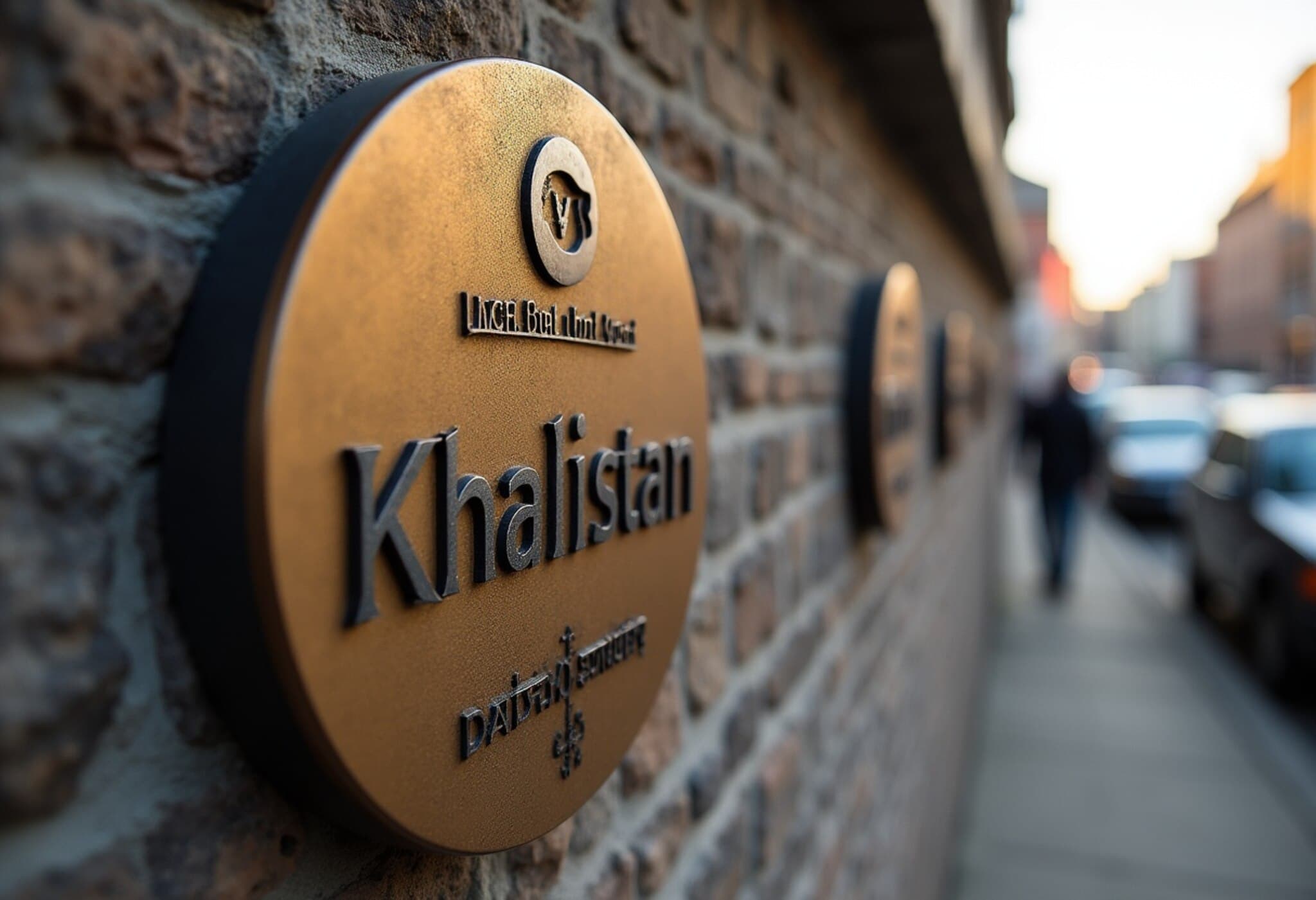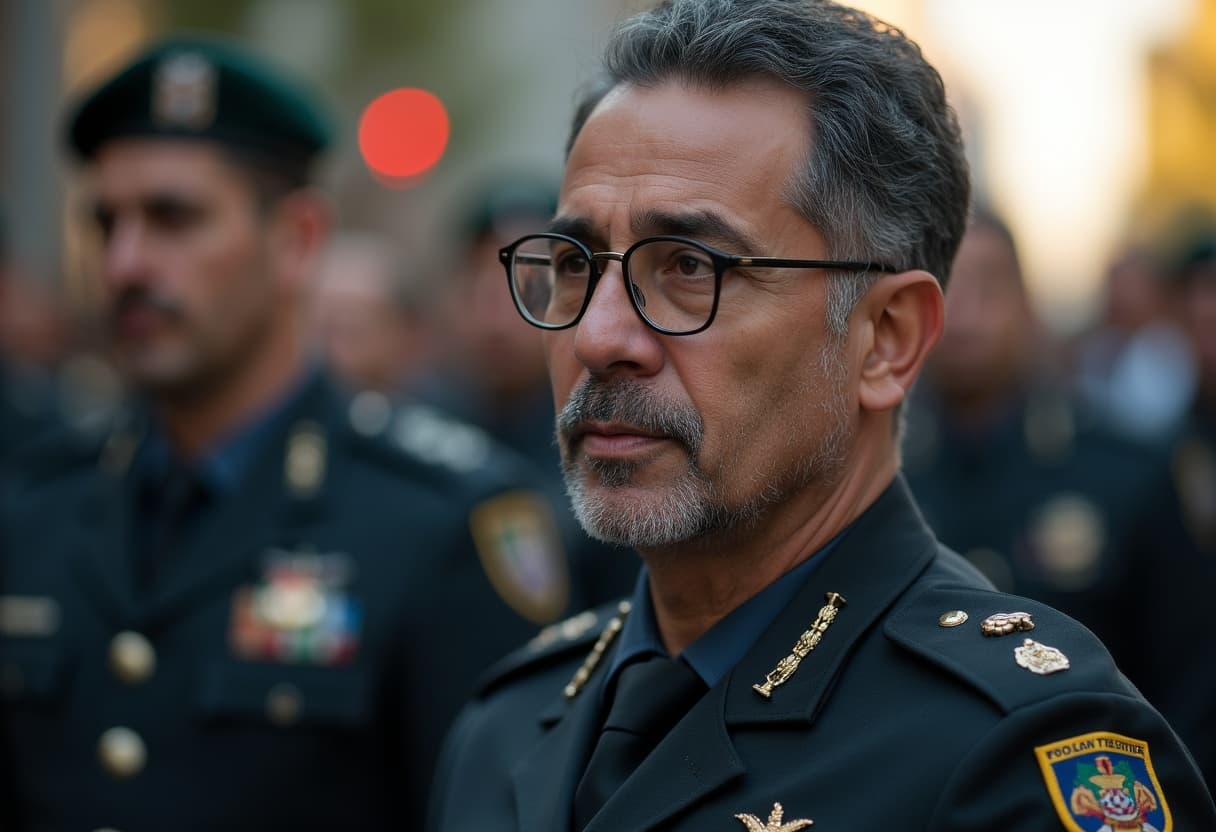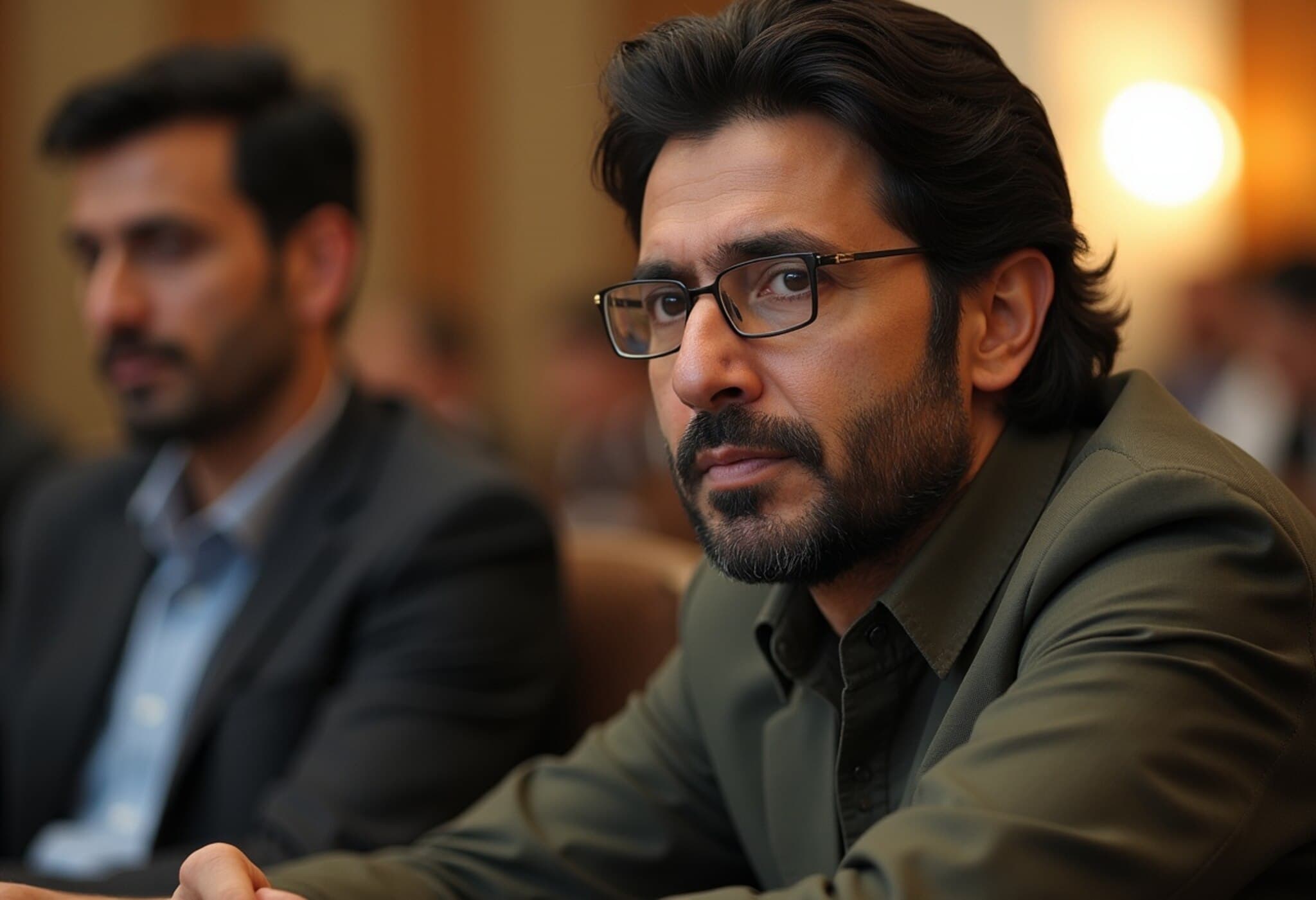The Scandal Unfolding in Thailand’s Religious Heart
In an unprecedented controversy that has shaken Thailand’s deeply revered Buddhist community, a sex scandal involving more than a dozen monks and a woman named Wilawan “Golf” Emsawat has come to light. The scandal, marked by allegations of sexual relationships between monks and a laywoman alongside accusations of extortion and financial misconduct, has ignited widespread public outrage and calls for urgent reform within Thailand’s monastic institutions.
Who is ’Golf’ and What Sparked the Crisis?
Wilawan Emsawat, a 35-year-old mother of three, was arrested at her home in Nonthaburi, just outside Bangkok. Authorities have charged her with money laundering and receiving stolen goods, related to over 380,000 baht ($17,920) purportedly obtained from temple funds. Police investigations have unveiled that since 2022, Golf’s bank accounts have recorded suspicious transactions totaling approximately 385 million baht ($18.1 million), much of which reportedly fueled an online gambling addiction.
Compounding concerns, investigators discovered more than 80,000 photos and videos on her devices illustrating monks in compromising sexual situations, highlighting a serious breach of Thailand’s strict monastic celibacy rules and moral codes.
Police and public officials have labeled Golf as a key figure exploiting the monastic system for financial and sexual gain, although she maintains she was financially supporting the monks rather than blackmailing them.
A Community in Shock: The Monks’ Response
The reverberations have led to at least nine high-ranking monks publicly disrobing to avoid further scandal, with reports indicating others have gone into hiding amid the storm. Only one monk, the former abbot of Wat Chujit Dhammaram in Ayutthaya, has faced formal charges so far for allegedly transferring temple funds totaling 12.8 million baht to Golf.
Royal Intervention: A Rare and Stern Decree
In a move signaling the gravity of the crisis, King Maha Vajiralongkorn, whose role in Thai society is profoundly sacred and entwined with Buddhism, issued an extraordinary statement. He announced he would not grant new monastic titles during his upcoming birthday festivities and revoked recent titles conferred just last month. This decision halts the career advancement of senior and junior monks alike, underscoring a zero-tolerance approach to misconduct.
The king condemned the implicated monks as unfit for their religious duties, acknowledging the widespread distress caused within Thailand’s Buddhist population of over 60 million.
Financial Transparency and Legal Overhauls
The scandal has shone a harsh light on the financial operations of over 44,000 temples nationwide, where lax accounting has long allowed misappropriation to remain hidden. The government is accelerating reforms, including legislation imposing criminal penalties on monks and laypersons who tarnish Buddhism’s image, and enforcing stricter oversight of temple finances.
- Mandatory centralized temple cash accounts
- Restrictions on the amount monks can access at one time
- Encouragement for citizens to report misconduct within monastic communities
Why This Matters: Beyond the Headlines
Thailand’s identity and social fabric are intricately linked to Buddhism—not just as a religion but as a cultural and ethical backbone. Scandals of this magnitude confront the sacred trust Thai society places in its religious figures.
From a broader perspective, this scandal prompts reflection on the vulnerability of religious institutions to corruption and exploitation worldwide. It also raises urgent questions about how deeply ingrained power structures sometimes shield misconduct, undermining both spiritual authority and community welfare.
What Lies Ahead?
Authorities continue to investigate and expect more monks to be implicated. There is a growing consensus for comprehensive reforms combining legal accountability with cultural renewal to restore faith in Thailand’s Buddhist institutions.
Editor’s Note
This scandal unveils a critical juncture for Thailand’s Buddhist community and the government’s role in safeguarding religious integrity. It begs the question: In a society where religion and state are closely interwoven, how can effective oversight be balanced with respect for religious freedom? As legal reforms take shape, the world watches how Thailand reconciles spiritual authority with transparency and justice.



















